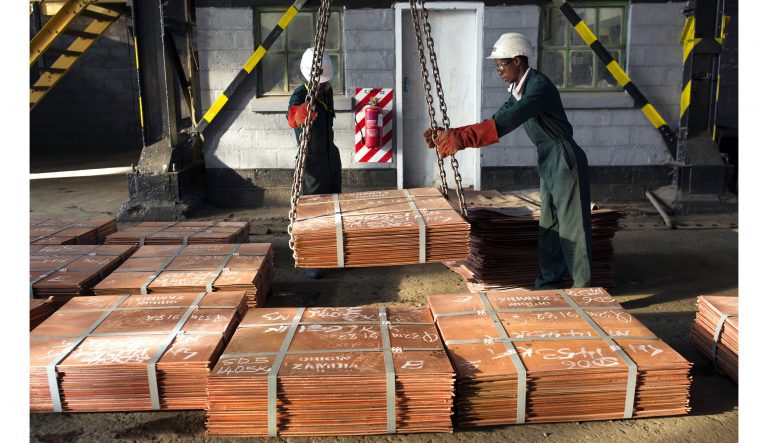Eskom urges Action to tackle municipal debt
by Kelebogile Matlou
Eskom, South Africa’s struggling power utility, has revealed that 87% of municipalities approved for the National Treasury’s municipal debt relief programme are not complying with the set conditions. The announcement was made during a briefing to Parliament’s Standing Committee, where Eskom raised alarms over the deepening crisis of municipal non-payment, a major factor hindering the utility’s financial recovery.
Municipalities currently owe Eskom R94.6 billion, and despite several government initiatives, this amount keeps rising. Representatives from Eskom informed Parliament that the culture of nonpayment stems from systematic and structural problems, such as meter tampering, poor governance, and technical losses as well as power theft through unauthorized connections.

Calib Cassim
image: Moneyweb
Eskom’s General Manager for Finance in the distribution division, Rajen Naidoo, said, “Municipal debt is a key risk to Eskom’s business and our liquidity. The issue is not confined to distribution alone; it affects the entire value chain, including transmission and generation. Municipalities are failing to service their current bills or reduce existing debt.”
Despite a slight increase in revenue, Eskom says it’s still very important for municipalities to pay their debt. Eskom’s CFO, Calib Cassim, said the company needs to manage its own finances better and stop depending on money from the National Treasury. “We have received just under R400 billion in bailouts over recent years. That is unsustainable. These funds could be used elsewhere in government,” said Cassim.

image: Mybroadband
Eskom identified the top five defaulting municipalities as accounting for approximately 40% of overall municipal debt. To solve the problem, Eskom is exploring measures including as disconnections, lawsuits, and the usage of pre-paid systems. However, Members of Parliament from all parties attacked Eskom’s internal debt collection techniques, claiming that the same issues had been discussed for years with no improvement. They questioned Eskom’s ability to enforce compliance and hold towns accountable.




